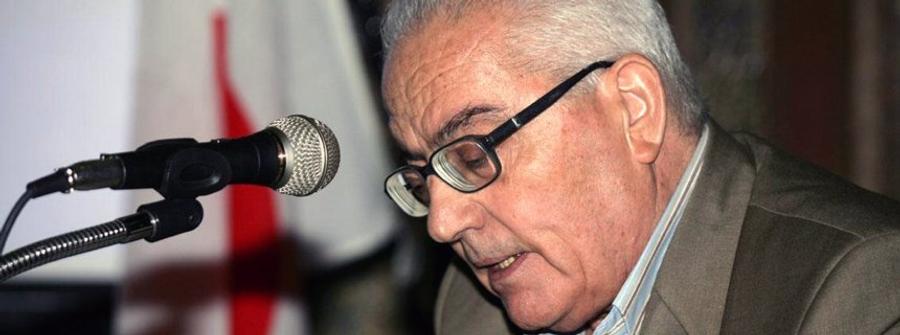ISIS Beheads Antiquities Scholar Who Protected Location of Artifacts
- August 19, 2015 10:57

Islamic State militants publicly beheaded a leading scholar of antiquities in the Syrian city of Palmyra on Tuesday.
Khaled al-Asaad, 82, refused to tell the militants the whereabouts of ancient artifacts moved for safekeeping.
After a month-long detainment, he was murdered and his body hung from a column in the Roman-era historic site as punishment for not cooperating with information on the location of museum collections.
ISIS has held the city since May. Among their accusations of Asaad was his management of the city's "idols," a capital offense.
For more than four decades as the head of antiquities in Palmyra, Asaad worked with Unesco on projects and is credited with major archaelogical discoveries. He wrote more than 20 books on Palmyra and the Silk Road.
Antiquities that are not destroyed by ISIS have often been stolen and sold to beef up their multi-million dollar revenues. Portable and undocumented artifacts are preferred by the militants who also fund their activities through oil fields, taxation and extortion.
A former Syrian antiquities official, Amr al-Azm, said Asaad was an "irreplaceable" scholar who knew every nook and cranny of Palmyra. He said: "There’s a certain personal dimension to that knowledge that comes from only having lived that and been so closely involved in it and that’s lost to us forever. We don’t have that anymore.”













100x100_c.jpg)





